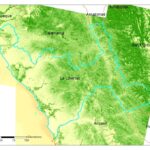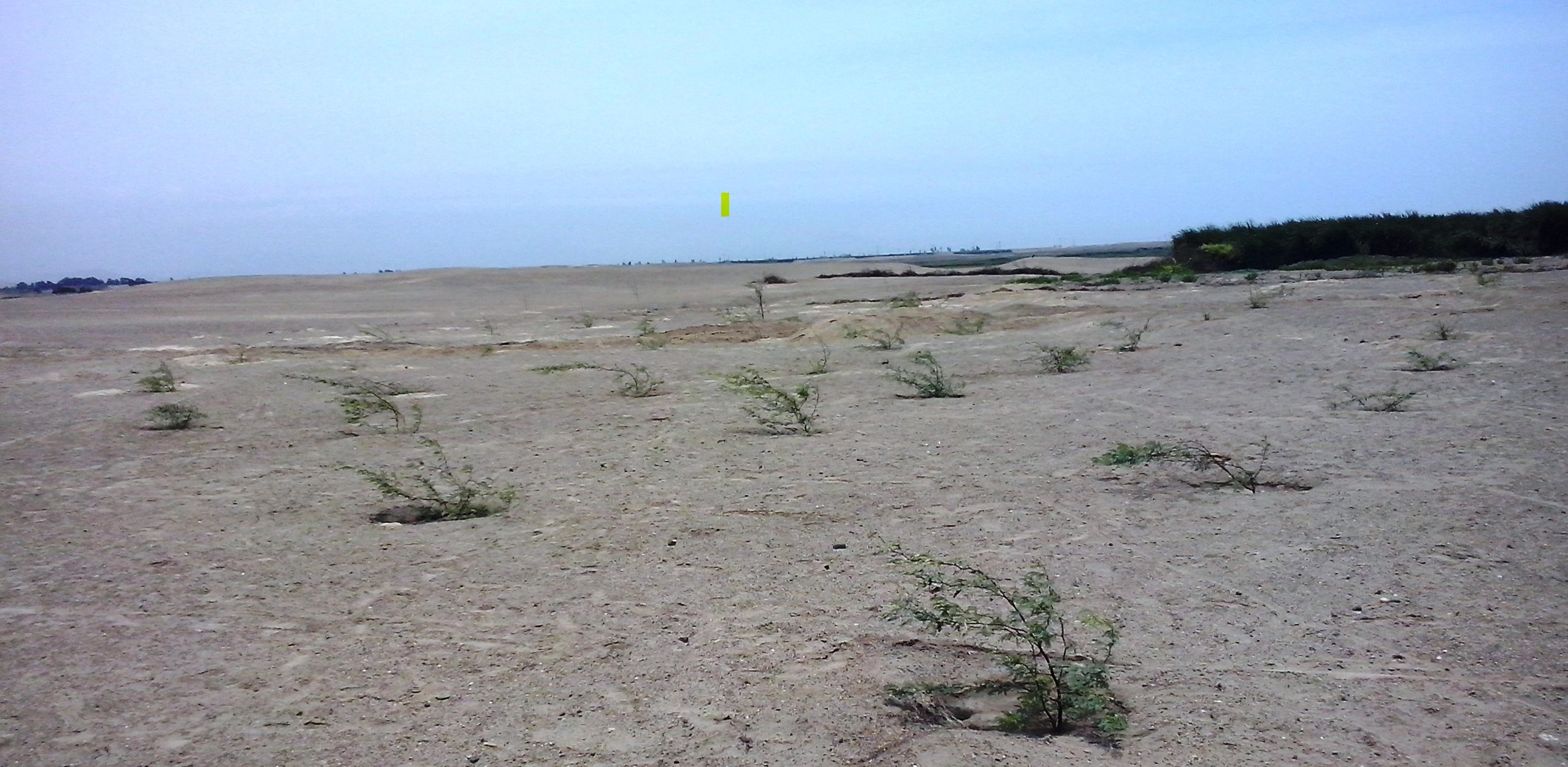
Puerta Chicama Project
The Puerta Chicama project was a four-year project that began in March of 2013. It reforested dry forest ecosystems in the Razuri district, Ascope province in La Libertad. The project worked in collaboration with the National University of Trujillo, the Razuri municipality, local communities, and other local actors in the Razuri district.
The project reforested six hectares of a dry forest ecosystem with around 10,000 Algarrobo trees (Prosopis spp.) in arid landscapes. The reforestation included the El Tubo wetlands where the municipality planned to establish a regional conservation area. ‘Algarrobo’ seedlings (Prosopis spp.) and other native species (‘Zapote’, ‘Tara’, and native cotton) were produced in the botanical garden nursery at the National University of Trujillo.
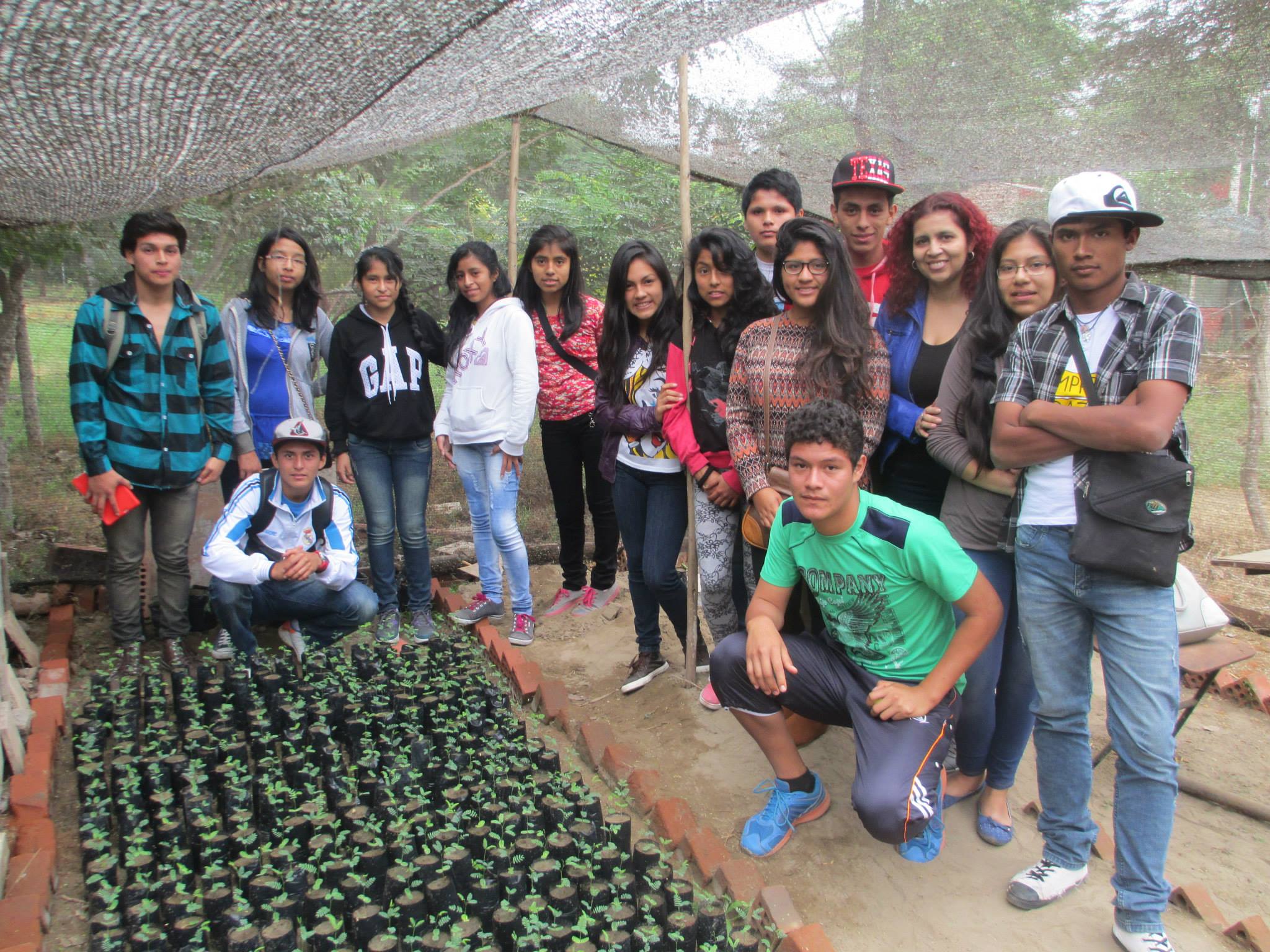
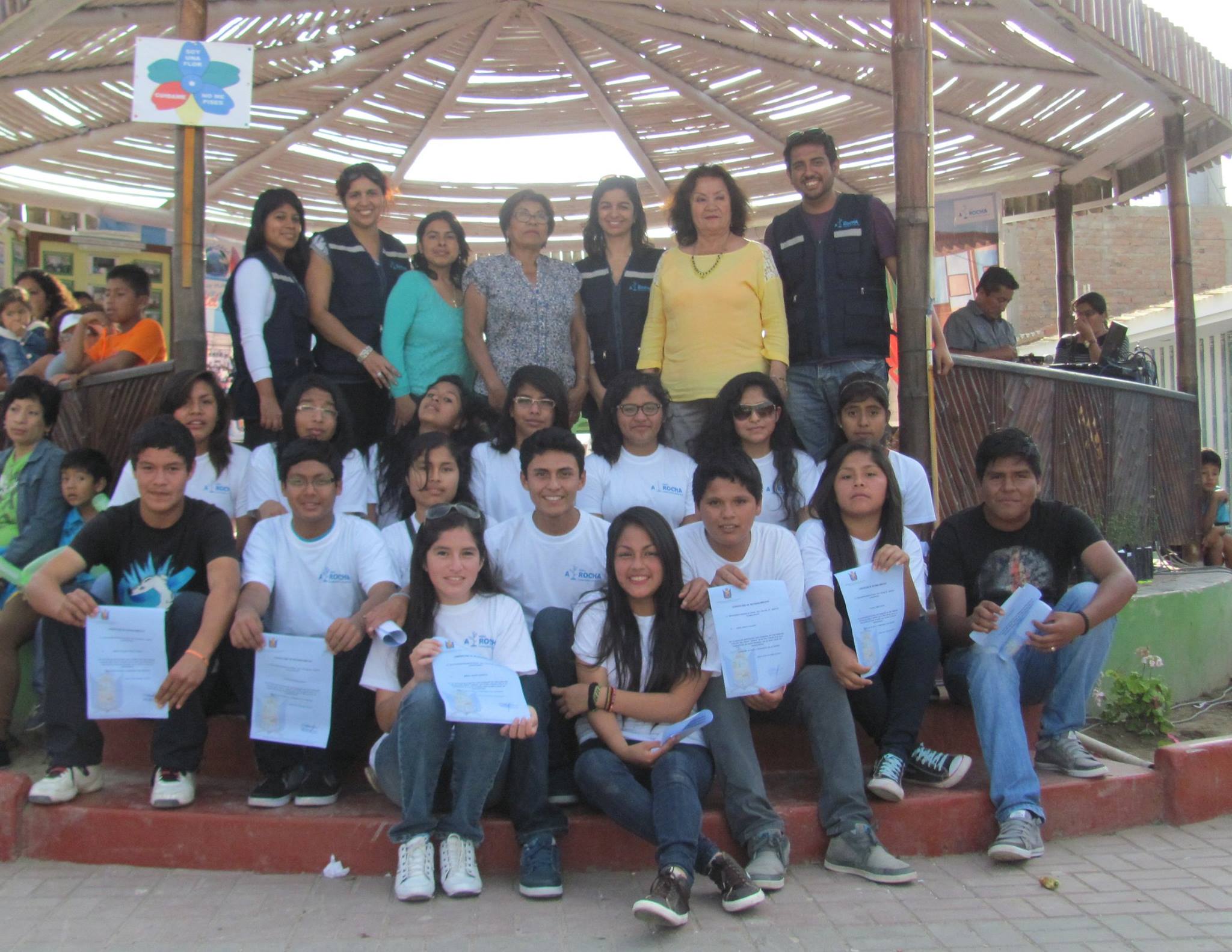
The project aimed to educate communities on the importance and benefits of dry forest conservation through talks and workshops as well as a digital environmental conservation handbook for children. An environmental youth club called, “Chicama Blue Planet” was established in Razuri to help develop environmental leaders in their community. The members, aged 13-19, were recruited from a Razuri municipality vocational program on social management. One of the club’s projects was to redesign the main street in Razuri (Pasaje Arequipa) with green areas. The club also carried out community service work and environmental awareness initiatives for the community.
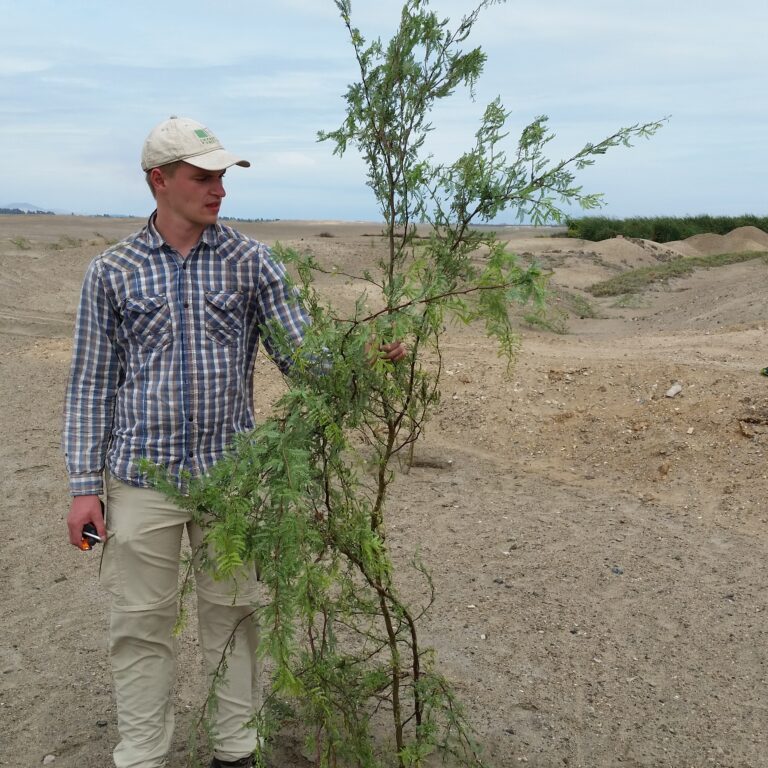
The project involved high levels of community participation, including students from the National University of Trujillo and volunteers. Volunteers from the National University of Trujillo carried out studies on native plant reproduction to inform A Rocha Peru’s reforestation activities in La Libertad. One study investigated the characteristics of seed germination of key dry forest species like ‘Algarrobo’/’Huarango’ (Prosopis spp.). Another study tested the effect of a herbicide on the rooting process of native cotton cuttings (Gossypium barbadense)
